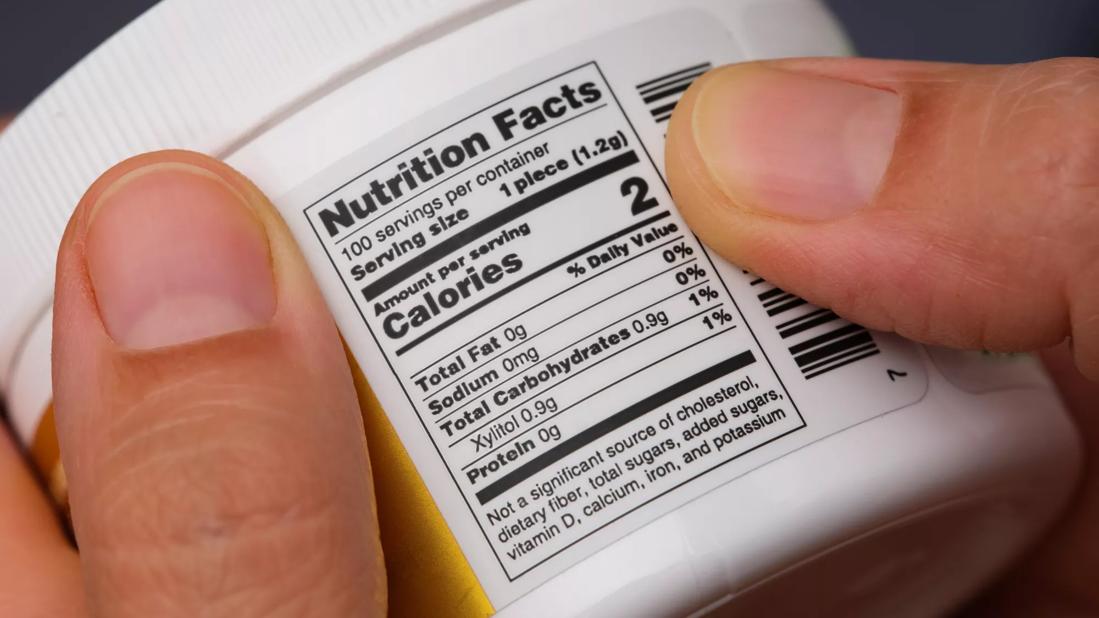
One-minute, short bursts of high-intensity interval training for 19 minutes may be more effective for improving fitness among people six months or more after a stroke than traditional, 20–30 minutes of moderate-intensity exercise sessions, according to research published today in the journal Stroke.
“This study shows that people with stroke can also benefit from high-intensity interval training,” said Kevin Moncion, Ph.D., a physiotherapist who led this study as part of his doctoral studies at McMaster University in Hamilton, Ontario, Canada. “With the right support and guidance, stroke survivors can safely and effectively engage in high-intensity interval training, significantly improving their overall health and recovery.”
The multi-site tria...
Read More









Recent Comments